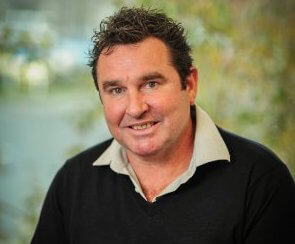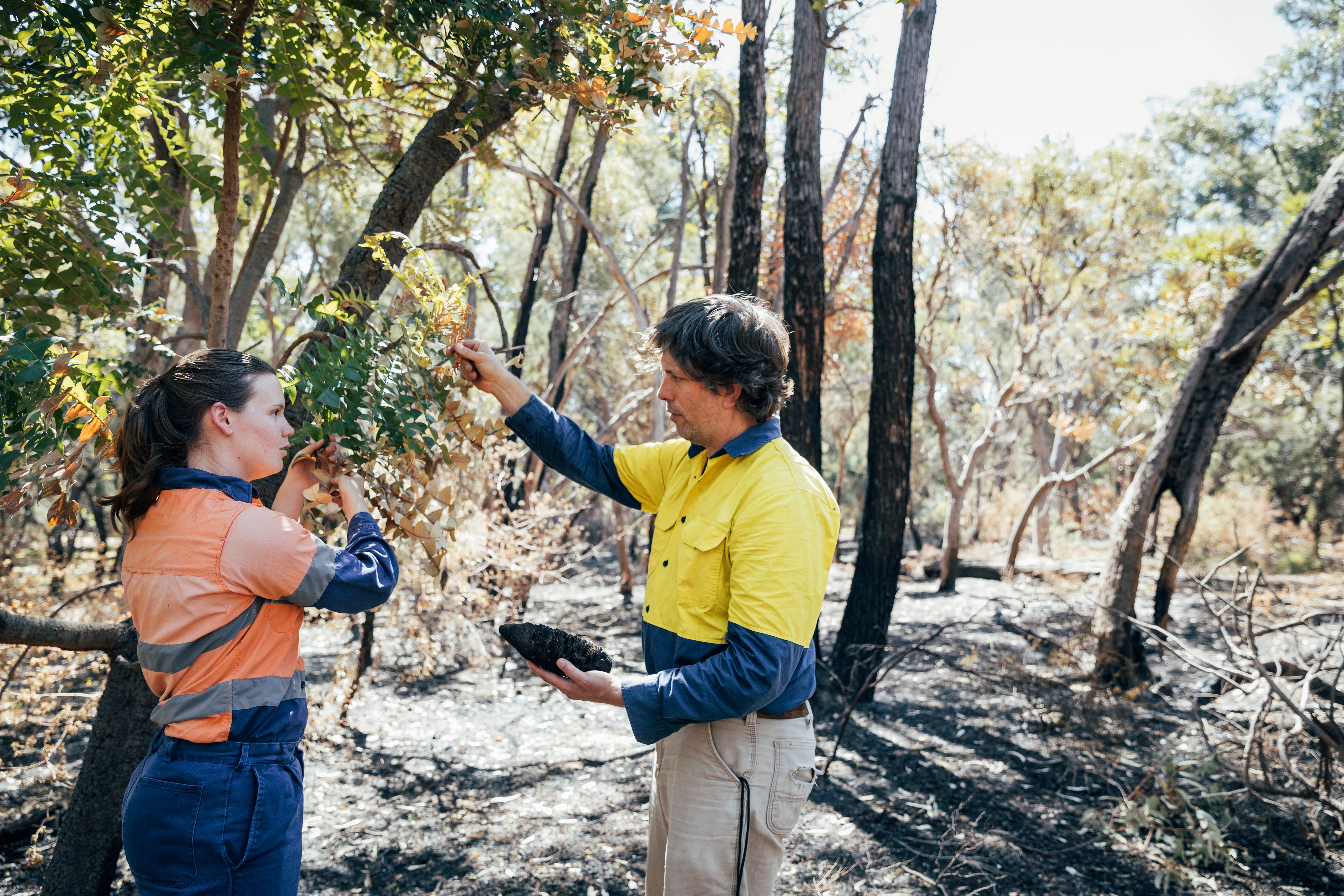Table of contents
Recommended for you

A Smarter Approach to Digital Transformation in Councils
Survey fatigue. Not a problem…We have probably all heard of it and some of us have experienced it but with a bit of thought it can be relatively easily avoided. Before we get into how, let’s think about what causes survey fatigue?
Common themes - too many surveys, with no clear purpose, with questions staff find difficult to relate to and the biggest fatigue trigger is; surveys that have no resulting actions. “What’s the point in participating and investing time sharing my insights when nothing changes?” is not what you want to hear from staff.
Organisations can avoid significant levels of survey fatigue by following these practical tips:
Good preparation - ensuring the survey content is relevant, targeted and meaningful to staff. If people feel they can relate to the questions and understand how their response will feed into the bigger picture, they will want to participate and contribute.
Timing - is crucial as is frequency. Mapping out a calendar of organisation wide comprehensive surveys together with targeted surveys and pulse checks will ensure you are not overloading staff all at once or worse, not seeking their views for an extended period of the year.
Robust communication – the key to success is plenty of robust communication before, during and after the survey. Tell staff a survey is coming up and why their views are important. Keep an eye on participation during the survey and ensure your people leaders are encouraging their teams to take part. Be brave and think outside the square in terms of the tools and techniques you use e.g. videos, competitions between departments, chocolate, we even had a CEO promise home baking he would personally make if an 80% participation rate was reached! It sounds obvious but it is also important to thank staff for participating and taking the time to give their feedback.
Transparency - be transparent about the results. Transparency builds trust. Staff are usually curious to know what the results are, so it is important to share results as soon as possible after the survey closes with (at least) some high level data and insights. After all, no-one wants to hear old news. Follow this up with more communication around next steps in terms of turning results and insights into action.
Take action - those organisations that ask about things that matter most, listen with an open mind, then take action and retest for effectiveness, are the organisations that typically see meaningful performance improvements. And when staff see positive actions resulting from their feedback then they are motivated to participate in future surveys. No action after a survey simply says to staff “your view is not valued” and motivation to take part in future surveys diminishes.
Involvement - leadership teams who lead by example and get on board are crucial as they can drive participation through their own enthusiasm by reinforcing across their teams the value of participation. Leaders who apply the “We asked; You said and We acted” approach win by harnessing the collective genius of arguably their most critical business asset, their people.
Survey fatigue is avoidable, so reach out if you want to share tips or if you want to brainstorm ideas.










